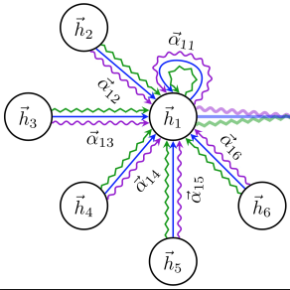Recently, machine learning of the branch and bound algorithm has shown promise in approximating competent solutions to NP-hard problems. In this paper, we utilize and comprehensively compare the outcomes of three neural networks--graph convolutional neural network (GCNN), GraphSAGE, and graph attention network (GAT)--to solve the capacitated vehicle routing problem. We train these neural networks to emulate the decision-making process of the computationally expensive Strong Branching strategy. The neural networks are trained on six instances with distinct topologies from the CVRPLIB and evaluated on eight additional instances. Moreover, we reduced the minimum number of vehicles required to solve a CVRP instance to a bin-packing problem, which was addressed in a similar manner. Through rigorous experimentation, we found that this approach can match or improve upon the performance of the branch and bound algorithm with the Strong Branching strategy while requiring significantly less computational time. The source code that corresponds to our research findings and methodology is readily accessible and available for reference at the following web address: https://isotlaboratory.github.io/ml4vrp
翻译:暂无翻译





